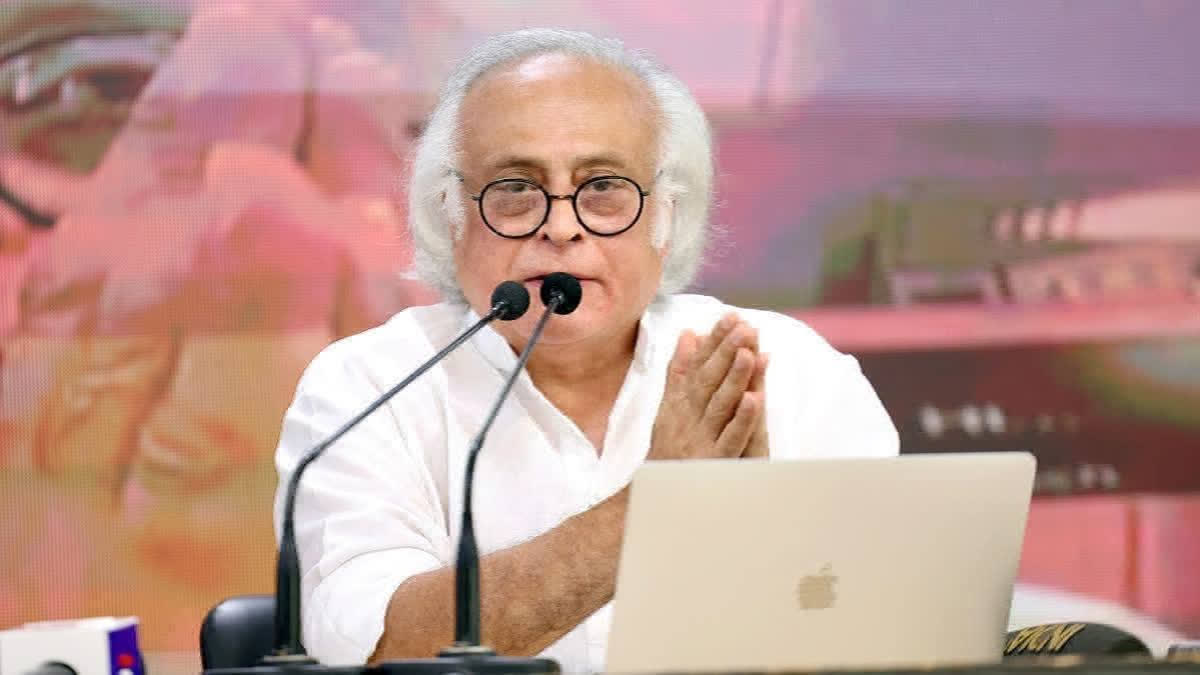New Delhi: Congress leader Jairam Ramesh alleged on Tuesday that the manner in which the Great Nicobar Island infrastructure project has been "bulldozed" is an affront to the rule of law as it threatens to be "genocidal" for the Shompen people and "irreversibly deadly" to the island's forests.
The former environment minister shared a media report that said there has been a fresh legal challenge to the Great Nicobar Island project with a petition filed in the Calcutta High Court. "A petition has been launched in the Calcutta High Court against the destructive Great Nicobar Mega Infra Project. The manner in which the project has been bulldozed through is an affront to the rule of law," Ramesh said in a post on X.
"The project itself threatens to be genocidal for the Shompen and irreversibly deadly to the forests on Great Nicobar Island, an ecosystem of the greatest biodiversity," he said. Ramesh also shared an exchange of letters he had with the Minister for Environment, Forests and Climate Change Bhupender Yadav on the project.
The Congress leader has been asserting that the present design of the Great Nicobar Island infrastructure project "endangers ecology" in a "needlessly unacceptable manner". He has been calling for the project to be paused and reviewed. Ramesh and Yadav have had a series of exchanges via letters on the project.
In a letter to Yadav, the former environment minister had questioned the credibility, composition and conclusions of a high-powered committee (HPC) tasked with revisiting the environmental clearances granted to the Great Nicobar Island project. Ramesh hit back on August 27 last year at the environment ministry's assertion that clearances for the Great Nicobar Island project were granted after careful consideration, saying the Environmental Impact Assessment study for it appears to have been primed to ensure its clearance in the form proposed by the NITI Aayog.
In a 10-page letter to Yadav, Ramesh had said even if one were to accept the strategic and defence importance of the project, it would not preclude any discussion on its impact on the island's tribal communities and natural ecosystem.



